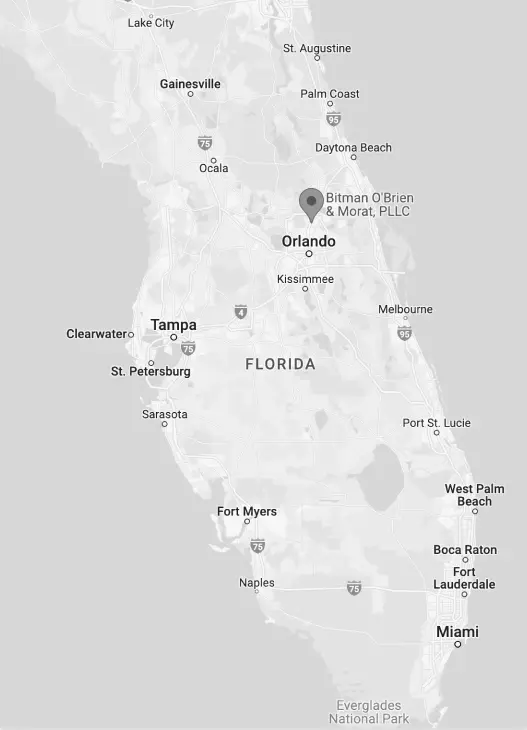Orlando Appeals Attorney
Final Decision Appeals
These appeals are the most common type of appeal. They occur after a judge has entered a final judgment in a case. However, a final judgment can take on many different forms
- An order granting a motion to dismiss with prejudice.
- An order granting a motion for final summary judgment.
- A final judgment after a trial
Interlocutory Appeals
These appeals are rare, as they occur while a case is still ongoing.
The idea behind an interlocutory appeals is that the case would be decided differently if the interlocutory review is not completed before the trial is concluded.
Types of issues that are available for an interlocutory appeal are
- An order to prevent a party from destroying evidence related to the case
- An order to prevent land from being sold during litigation
At Bitman Law, we’re committed to securing the best possible outcome for your case. Our team includes both trial and appellate attorneys working together to ensure that potential appellate issues are identified and preserved during trial. Call us today to discuss your options with an appellate attorney.

Since the process of filing an appeal can be extremely complex, you ll want to involve an appellate lawyer who ¡nows the ins and outs of appellate law. Contact us to schedule a consultation with an appellate lawyer to explore all your options
Final decision appeals are the most common type of appeals. They take place after a judge has entered a final judgment in a case.
An appeal serves as a request to a higher court to review the decision of a lower court. If the appeal is granted, the decision of the lower court may be reversed (in whole or in part). If denied, the lower court’s decision will stand.
Interlocutory appeals are more limited since they take place while a case is still ongoing. They involve a petition to an appellate court to challenge a court order and see¡ a ruling of an issue that affects matters pending and at issue in the underlying case.
Appellate law focuses on challenging prior rulings by a judge to a higher court. In other words, if you receive an unfavorable outcome in court, you still have legal options for a review of the decision.






